|
Joan Kron's documentary explores plastic surgery through lens of female comics This weekend saw two films open in L.A. directed by 89-year-old women. If that's not remarkable I don't know what is. Faces Places (Visages Villages), co-directed by the legendary Agnès Varda and the vastly younger artist JR, expanded to three locations in the Los Angeles area on Friday after opening in New York the previous week. Varda -- known as one of the foremost members of the French New Wave -- began her filmmaking career in the mid-1950s. The other octogenarian filmmaker, Joan Kron, only got into documentaries recently. Her directorial debut, Take My Nose... Please!, opened at Laemmle's Monica Film Center in Santa Monica, a week after debuting in New York. I'm not dealing with boobs at all in this movie. I'm dealing mostly with faces. Kron, the resident plastic surgery and beauty expert at Allure magazine for many years, explores the subject in cinematic form with the aid of many female comedians -- some gone and others very much with us -- who either "got work done" or were considering it. The list includes Phyllis Diller, Joan Rivers, Totie Fields, Roseanne Barr, Jackie Hoffman, Lisa Lampanelli, and Judy Gold. "The reason I chose comedians is for their honesty. They are the only celebrities who have been honest for the most part about plastic surgery," Kron told me during an interview at the Mr. C Hotel in L.A. on Thursday. "They have actually done a social service, I think, to women." The film takes an essentially positive view of plastic surgery and its potential to help women feel better about themselves -- women who may be unhappy with the nose they were born with, for instance, or displeased by the impact of aging on their facial features. Kron said for some women it's not necessarily a matter of self-image but of maintaining viability in the workforce. "Women are at a disadvantage as they start aging. They're losing to younger people... We have to live with agism. We have to live with look-ism, and women are subjected to it much more than men," Kron stated. She said opting for plastic surgery is "really survival for a lot of people. Yes, part of it perhaps is vanity. But vanity is healthy. It's not a bad word. I think vanity is a good word." A little vanity never hurt anybody. Kron says there are historical reasons that explain why we have become so consumed as a society with our physical appearance. "Electricity has only been with us since the late 19th century. People used to live by candlelight... Electric lights came into everybody's house and everybody could see themselves more clearly. Mirrors got better... Suddenly you're looking in the mirror more, you're more aware of what other people look like," she observed, adding, "You cannot [over]estimate the power of Hollywood. Just think about it. First came photography and then came the movies and people started looking at pictures of [movie stars]." That's the truth about plastic surgery -- most people don't want too much... They want to look like themselves. They just want to look like a slightly better version. People liked the glamorous stars they saw on screen, if not their own reflection in the mirror. "We're attracted to beauty. There's nothing wrong with [that]. Beauty makes life better," Kron maintained. "Most people are very happy with themselves but they would like to be just a slightly better version, especially as they get older. When they're young they're all adorable." Some of the performers who appear in Take My Nose... Please! L-R Emily Askin, Lisa Lampanelli, and Julie Halston. Photos courtesy Parvenu Ventures One of the revelations, for me, of Take My Nose... Please! was the realization that not all plastic surgery ends up with people looking like the Joker from Batman. Kron said women or men who go under the knife repeatedly represent an anomaly. Many procedures are quite subtle and produce relatively modest changes in appearance -- not the kind of garish mask worn by some notables in Hollywood. "People who have work from head to toe and they do it all in a couple of weeks -- the average patient is not going through that," Kron said. "The average patient gets a small procedure and she's happy." Comedian, actress and singer Jackie Hoffman performs a song she wrote about plastic surgery. Courtesy Parvenu Ventures If there's a star in Take My Nose... Please! it's undoubtedly actress, singer and comedian Jackie Hoffman, a recent Emmy nominee for playing "Mamacita" in the FX series Feud: Bette and Joan. She spoke candidly and hilariously with Kron about how ugly she felt she looked, from her "Jewish nose" to her puffy cheeks. She allowed the filmmaker to follow her journey as she considered, with great misgivings, whether to get plastic surgery. "She was always playing the second banana -- the funny girl or the funny-looking girl," Kron noted. "She also feared surgery and she had this tremendous resistance to it... because her agents did not want her to change -- not one little bit, because she was getting work [based on] her appearance." He said, 'This is your caper,' meaning he didn't want to pay for it and he didn't approve of it. Kron chose not to put herself in the documentary, but in person she speaks openly about the work she's had done. She said her decision resulted from writing a piece on plastic surgery for Allure magazine, an assignment that put her in touch with a series of plastic surgeons. "By the time I got to the fourth [doctor] I signed up for a facelift, surprising myself and especially surprising my husband. He said, 'What are you doing?' I said, I think I want this.' He said, 'This is your caper,' meaning he didn't want to pay for it and he didn't approve of it." Kron told me becoming a filmmaker came with challenges and moments of angst. "I would wake up in the middle of the night. 'I can't do this. It's too difficult.' And I would call one or two friends or I'd call my son in Miami and say, 'I have to stop. I can't do this.' And everybody would say the same thing. 'Don't stop! It's going to be good. Keep going. It's okay!'" She praised her filmmaking team that included editor Nancy Novack, composer David Cieri, and animators Jason Conradt and Molly Schwartz. "I hired very good people. You can't make a movie alone... I'm not going to hire people who have no experience. We only need one of those, right?" she laughed. "I don't want to be thought of as a dilettante who just wanted to make a movie and hired a lot of people. 'Make me a movie.' No. They didn't make me a movie. We collaborated." It's not brain surgery. You can learn it. I asked her if people have told her she's an inspiring figure because she became a filmmaker at age 89. "People say that to me. People say that I'm inspiring and I'm happy if I'm inspiring people but I'm not inspiring to 'profit' from it. I'm happy if you look at me and say, 'She did it, maybe I can do it.'" Kron continued, "I'm very lucky. I think I have good genes. My mother lived to 106. I still have my mind... I enjoy working and I don't know why I should stop. As long as I am still curious I just want to keep on going. I am going to make another film because now I know a lot more about filmmaking. It's not brain surgery. You can learn it."
|
AuthorMatthew Carey is a documentary filmmaker and journalist. His work has appeared on Deadline.com, CNN, CNN.com, TheWrap.com, NBCNews.com and in Documentary magazine. |
- Home
- News
- Videos
-
Galleries
- 2019 Tribeca Film Festival
- Full Frame Documentary Film Festival
- 2019 SXSW Film Festival
- SXSW 2018 Gallery
- 2019 Sundance Film Festival
- Outfest 2018 Photo Gallery
- Outfest 2017
- Sundance 2018 Photos
- 2017 LA Film Festival
- 2017 Cannes Film Festival
- Tribeca Film Festival 2017
- SXSW 2017 Gallery
- 2017 Berlin Film Festival
- Sundance 2017 Gallery
- 2016 Los Angeles Film Festival
- Cannes Film Festival 2016
- SXSW 2016 Gallery
- Berlinale 2016 Gallery
- Sundance 2016 Gallery
- Filmmaker Gallery
- About
- Contact
Proudly powered by Weebly
- Home
- News
- Videos
-
Galleries
- 2019 Tribeca Film Festival
- Full Frame Documentary Film Festival
- 2019 SXSW Film Festival
- SXSW 2018 Gallery
- 2019 Sundance Film Festival
- Outfest 2018 Photo Gallery
- Outfest 2017
- Sundance 2018 Photos
- 2017 LA Film Festival
- 2017 Cannes Film Festival
- Tribeca Film Festival 2017
- SXSW 2017 Gallery
- 2017 Berlin Film Festival
- Sundance 2017 Gallery
- 2016 Los Angeles Film Festival
- Cannes Film Festival 2016
- SXSW 2016 Gallery
- Berlinale 2016 Gallery
- Sundance 2016 Gallery
- Filmmaker Gallery
- About
- Contact

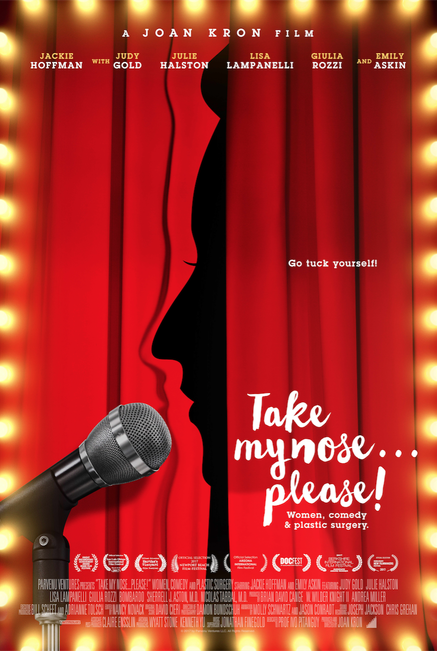
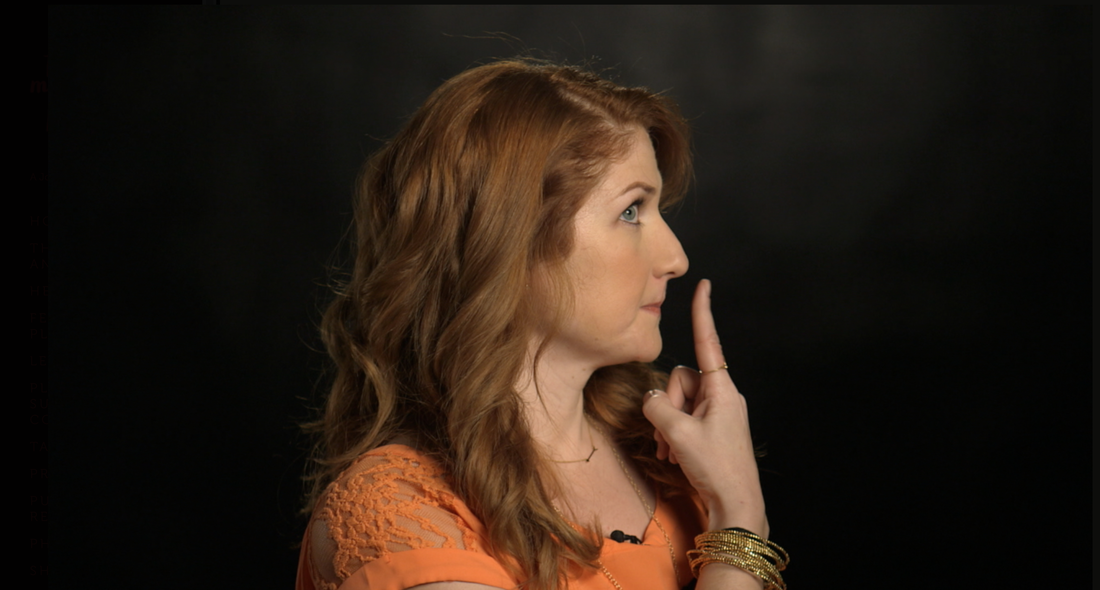
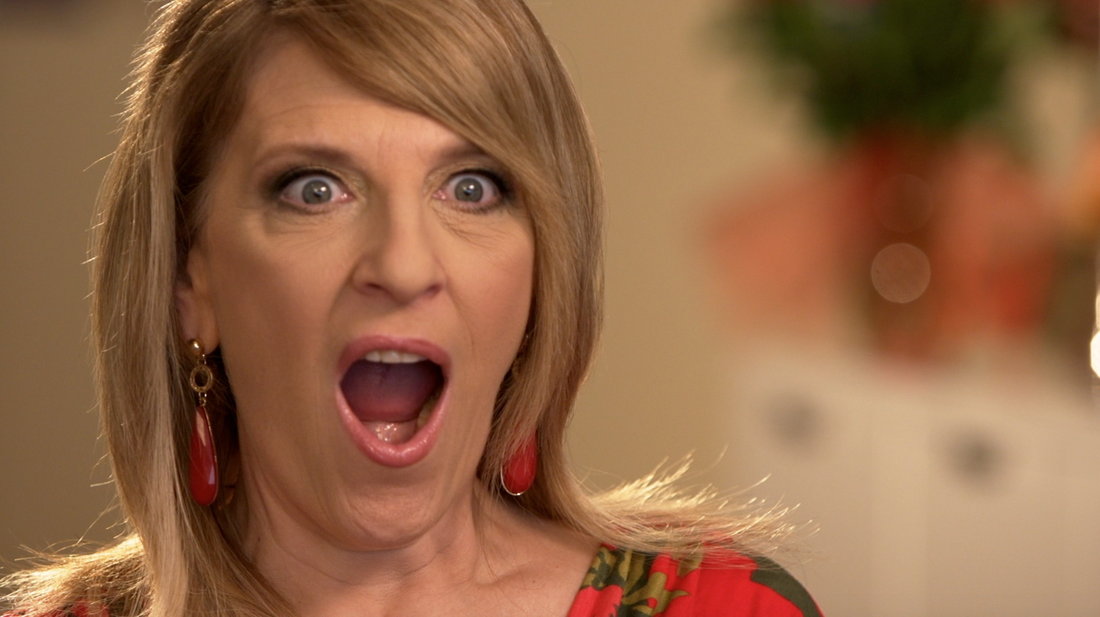
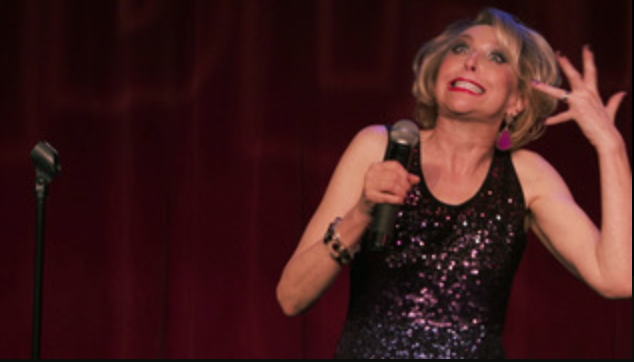
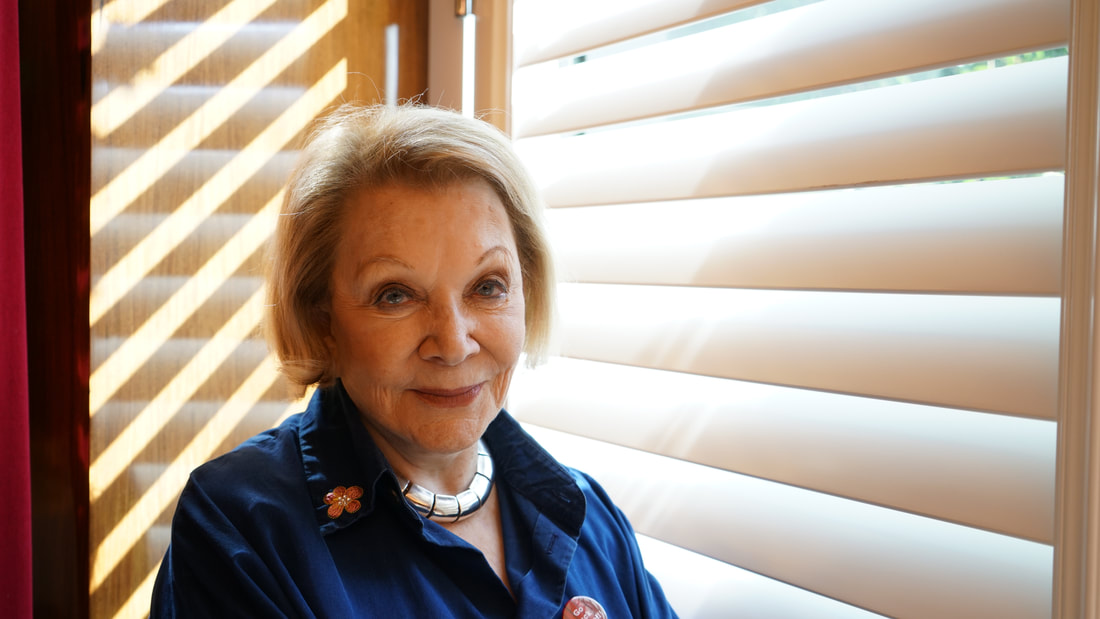
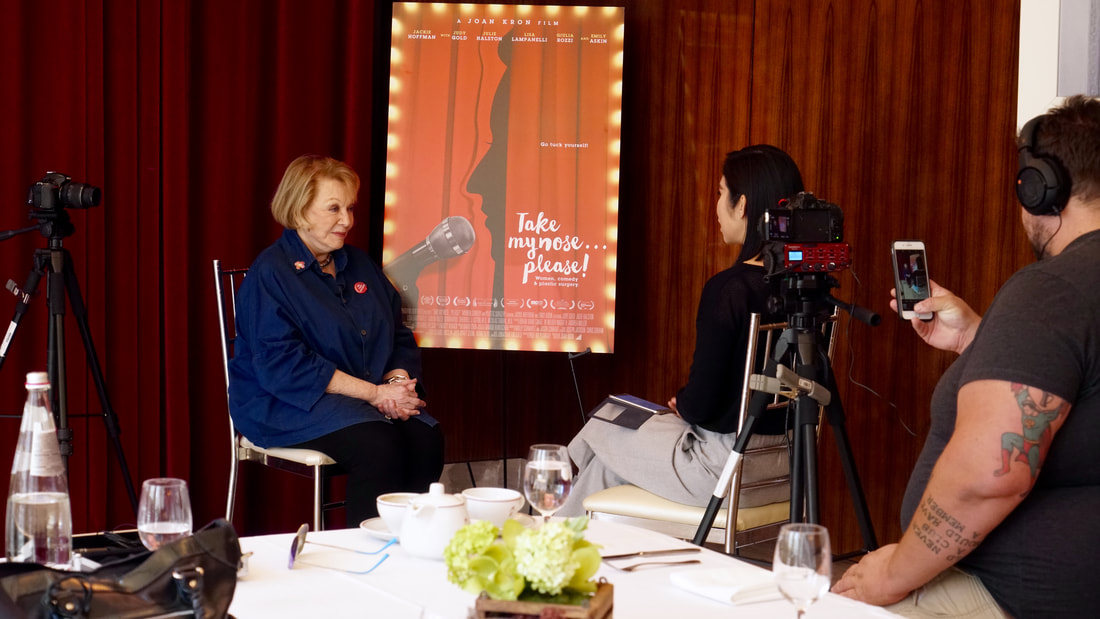
 RSS Feed
RSS Feed